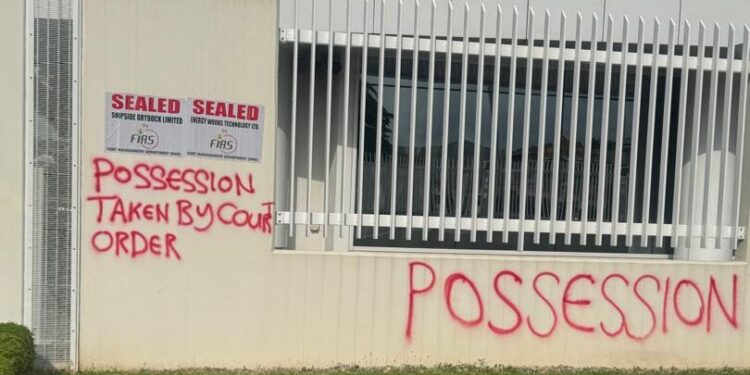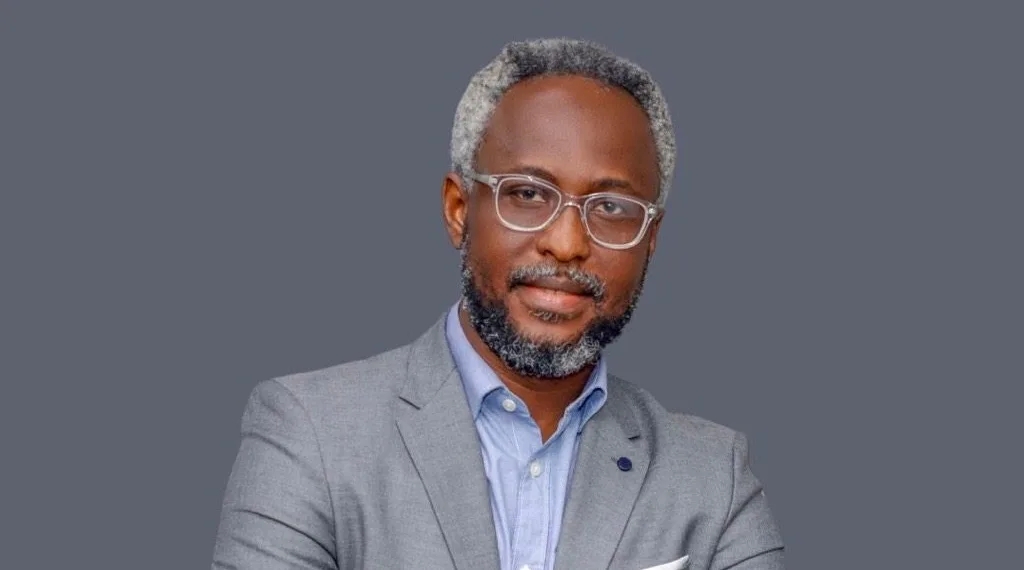Nestoil promoters accused of mounting pressure to reverse court order as judge halts proceedings over petition
The Federal High Court in Lagos, presided over by Justice Deinde Dipeolu, has reportedly suspended proceedings in a multi-billion-naira debt recovery suit involving oil and gas company Nestoil Limited and FBNQuest Merchant Bank Limited, following a petition of bias filed against the judge by Nestoil’s chairman, Ernest Azudialu-Obiejesi.
According to Premium Times, Justice Dipeolu informed parties in court last Friday that a petition alleging judicial misconduct had been submitted to the Chief Judge of the Federal High Court, Justice John Tsoho, forcing an abrupt adjournment of the matter.
The petition, reportedly signed by Mr. Azudialu-Obiejesi, accused Justice Dipeolu of granting “stifling and overreaching orders at the ex parte level” and acting with bias in handling the debt dispute.
Pressure on the Chief Judge
In a related development, TheCable also reported that promoters of Nestoil have allegedly been mounting pressure on the Chief Judge to reverse the Mareva injunction earlier granted by Justice Dipeolu or to reassign the case to another judge.
- According to TheCable’s sources within the judiciary, the pressure campaign intensified after Justice Dipeolu refused to vary or suspend his earlier orders.
- The report added that some top lawyers were allegedly linked to plans to secure a “favourable” judge if Justice Dipeolu withdraws from the matter.
- They also stated that the name of the “proposed judge” was disclosed to the online paper along with other weighty allegations whose details it said, “cannot be published for legal reasons”.
Premium Times also cited a whistleblower’s account alleging attempts to transfer the case to what was described as a “more pliable” judge.
Judicial insiders quoted by the platform said the judge was targeted precisely because he “refused to do anyone’s bidding.”
Background to the case
The controversy stems from a Mareva injunction issued on October 22, 2025, by Justice Dipeolu, which froze Nestoil’s assets, bank accounts, and shares across more than 20 Nigerian financial institutions.
The order was obtained by FBNQuest Merchant Bank Limited and First Trustees Limited, both subsidiaries of First Bank of Nigeria Limited, over an alleged debt of $1.01 billion and N430 billion owed by Nestoil, its affiliate Neconde Energy Limited, and their promoters, Ernest and Nnenna Azudialu-Obiejesi.
- Court filings seen by multiple media outlets indicate that the credit facilities were extended to the Nestoil-linked companies under the Obijackson Group, secured by assets, shares, and oil-field interests.
- Justice Dipeolu also appointed Abubakar Sulu-Gambari (SAN) as receiver-manager, granting him authority to take possession of Nestoil’s head office at 41/42 Akin Adesola Street, Victoria Island, Lagos, and other identified properties.
- The order directed the Nigeria Police Force, Nigerian Navy, and State Security Service (SSS) to assist in the enforcement.
Following the order, armed police officers reportedly sealed Nestoil’s headquarters in Lagos in late October—an action that underscored the scale of the dispute and the court’s readiness to enforce compliance.
What we know so far
Both Premium Times and TheCable report that the debt enforcement action, the subsequent petition against the judge, and the alleged campaign to influence the Chief Judge are now at the centre of intense legal and ethical scrutiny.
At the last hearing, Justice Dipeolu told the parties that, due to the pending petition before the Chief Judge, he would refrain from taking further steps in the matter until the complaint was addressed.
Meanwhile, Nestoil has filed a separate application before the Federal High Court, Abuja, seeking to set aside the Lagos Mareva order and to halt enforcement actions by the receiver-manager.
What is at stake
The Nestoil-FBNQuest case is one of the largest commercial disputes currently before Nigeria’s Federal High Court, with liabilities exceeding N1 trillion in combined naira and dollar-denominated obligations.
The unfolding events could shape future judicial handling of high-stakes debt enforcement cases involving corporate borrowers and financial institutions.






















